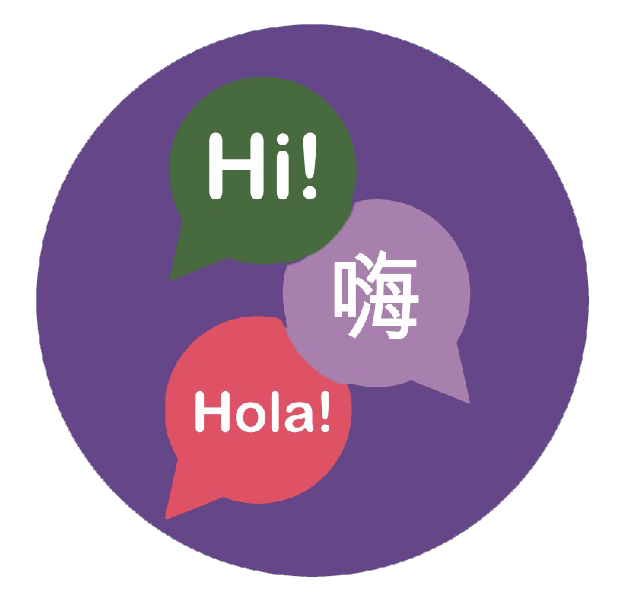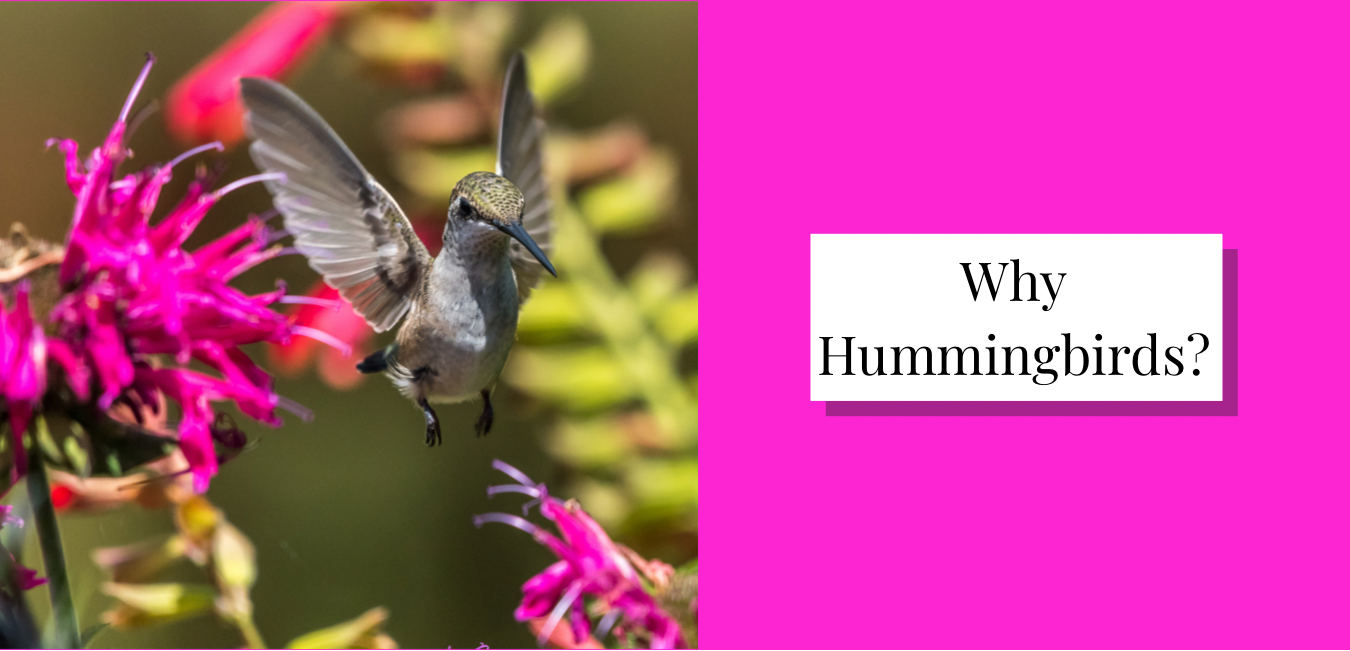With more than 335 species, hummingbirds are the second most diverse lineage of birds in the Americas and are the primary lineage of avian pollinators. By their very existence, hummingbirds benefit humans, but over 15% of hummingbird species are threatened or endangered. Their physical characteristics and ecological adaptations make their pollinator lifestyle unique--so much so that survey techniques used to understand population trends of other birds are generally ineffective for hummingbirds. Hummingbirds’ small size, significant physiological constraints, pollinator lifestyle, high-pitched vocalizations, and unique flight abilities are just some of the traits that require specialized techniques to monitor their populations.
All hummingbirds face habitat loss and degradation of their nectar corridors as millions of acres of vegetation continue to be lost to extensive agriculture, urban sprawl, and climate change. Here at HMN, we can’t imagine life without them; we inherently benefit from hummingbirds. Is it not time for us to fulfill our obligations and help them survive, reproduce, and thrive?
A hummingbird’s right to live should be just as accessible as a hummingbird’s tendency to inspire and fascinate—especially those who observe and live among them. Southwest author and journalist, Chuck Bowden, shared this experience of the profound impact of hummingbirds on people’s lives (published in his memoriam in January 2015, Arizona Highways):
“As a boy, I’d walk the dog under a tree in the corner of the park at twilight and hummingbirds would hover just over my head. I knew nothing of their customs or various nations then. But my boy’s eyes glimpsed an open door as the night came down and the promise of what I could be and learn if I left the everyday world and spun up into the sky.”
All hummingbirds face habitat loss and degradation of their nectar corridors as millions of acres of vegetation continue to be lost to extensive agriculture, urban sprawl, and climate change. Here at HMN, we can’t imagine life without them; we inherently benefit from hummingbirds. Is it not time for us to fulfill our obligations and help them survive, reproduce, and thrive?
A hummingbird’s right to live should be just as accessible as a hummingbird’s tendency to inspire and fascinate—especially those who observe and live among them. Southwest author and journalist, Chuck Bowden, shared this experience of the profound impact of hummingbirds on people’s lives (published in his memoriam in January 2015, Arizona Highways):
“As a boy, I’d walk the dog under a tree in the corner of the park at twilight and hummingbirds would hover just over my head. I knew nothing of their customs or various nations then. But my boy’s eyes glimpsed an open door as the night came down and the promise of what I could be and learn if I left the everyday world and spun up into the sky.”



